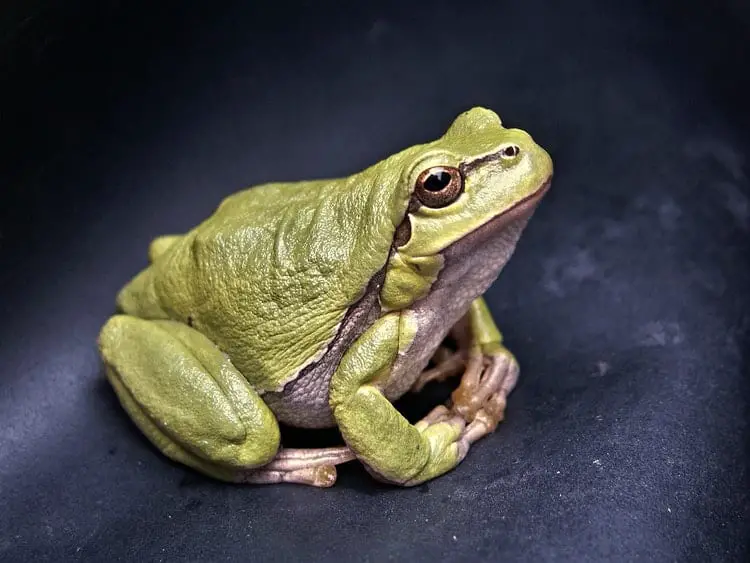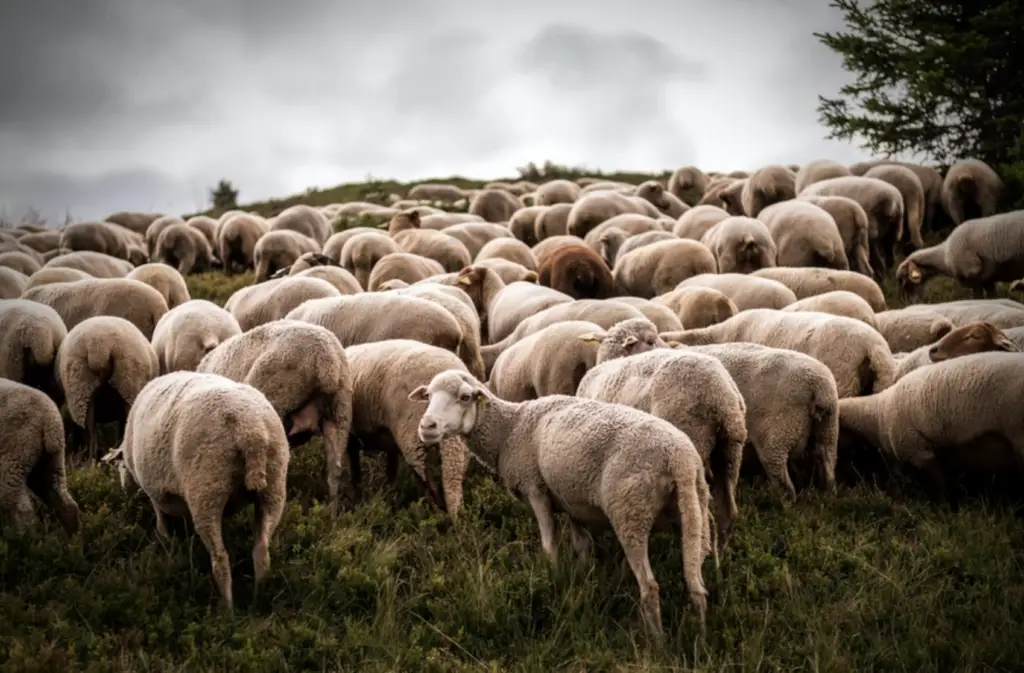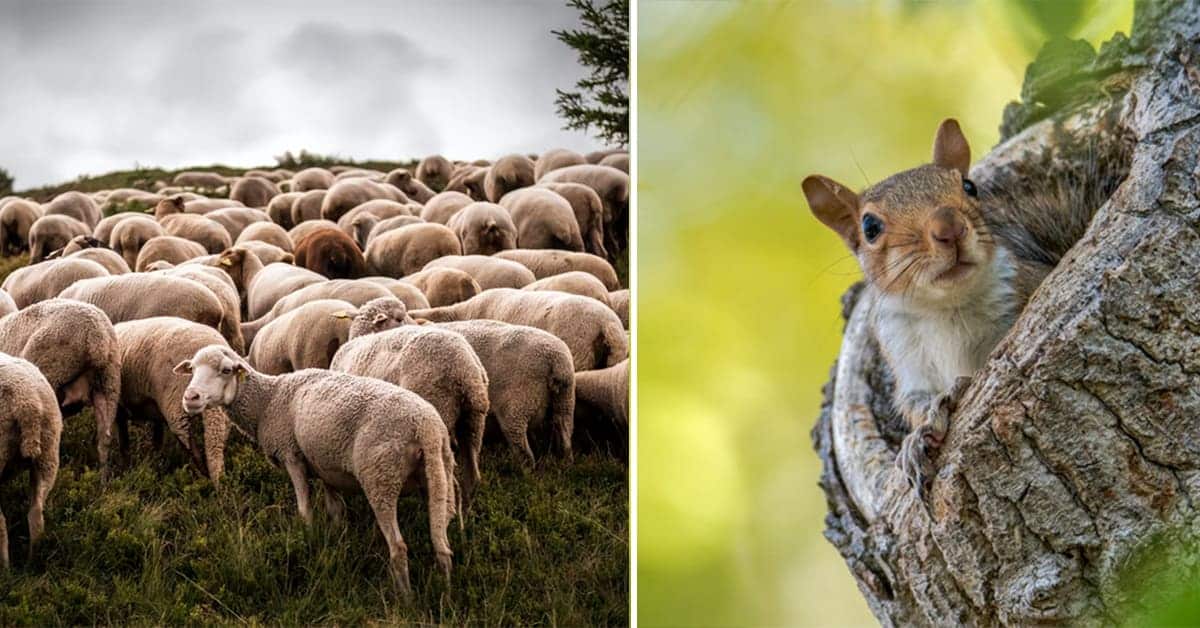Nature lovers who spend time studying the different variations of nature including the weather and animals have been able to spot a link between weather changes and the behaviors of certain animals.
Sometimes, the behaviors or reactions of these animals, different from their regular actions or activities can tell their carers or nature observers that something is off with the weather, or something weather-related is likely about to occur.
If you didn’t already know, this article is about sharing five interesting animals, some of which you can even find around you, and how they react to changes in weather conditions.
You can use them as a tell-tale sign to predict the weather or as a stepping stone to learning how other animals behave during a change in the weather.
Animals That Forecast the Weather
How does a frog behave when there’s going to be a storm? Or where do the birds go just before the rains? How can animals tell there’s going to be a hurricane? Find out below!
-
Frogs

The weather in the UK, Bangladesh, India, Nicaragua, the Philippines, and many other parts of the world is known to be quite unpredictable. Sometimes you will find a sudden burst of rain or storms just after a bright, sunny day.
This unpredictability can ruin plans and events mapped out for certain days. Asides from weather forecasts which may be able to predict such weather irregularities, did you know that frogs can also tell when rain or a storm is coming?
If you live in an area where you can hear frogs croak, listen for the croaking sounds to tell how soon a storm is coming. When there’s bad weather in the sights, the croaks become louder and more distinct.
The reason for this is that storms create a massive drop in the water and air pressure at shallow depths, and frogs are super sensitive to this. So, if you hear the frogs around you croaking with more vigor and excitement, it’s best if you go out with an umbrella!
-
Squirrels
Long-time folklore posits that these furry creatures that love to dash about gathering nuts and other bits can actually predict the type of winter you should expect.
Will it be long and super cold? Or mild and fleeting? Look to the squirrels for this knowledge. Apparently, the lore tells us that the position of the squirrels’ nests just before the winter season can tell how severe the winter is going to be.
If their nests are way high up in the trees, it’s going to be a harsh, harsh winter. Milder and more bearable winters will have the squirrels’ nests burrowed in the ground.
The pace at which they gather their nuts (hurriedly or leisurely) can also tell you how harsh the winter will be. A hurried pace tells of a long, cold winter.
-
Birds
Birds have found a way to avoid bad weather almost all the time — and this is no coincidence.
Birds actually have an ability to hear infrasound (proven by science); which helps them migrate from a region with impending bad weather before it hits.
One study by a group of scientists discovered that a group of Tennessee-based golden-winged warblers flew south days before a tornado hit the town the birds were in and flew back to town days after all was well again.
-
Sheep

An old rhyme goes “when sheep gather in a huddle, tomorrow we’ll have a puddle.”
Sheep love to graze, usually scattered around the field. But suddenly, they seem to huddle together as if seeking warmth from each other. Farmers, for many years, have sworn that this is an indication of imminent rain or snow.
They claim that sheep have a sixth sense that tells them it’s about to get colder, so they need to come together to stay as warm as possible.
-
Sharks
As scary as these creatures may be, they easily could be your friendly weather reporter. Many experts say sharks have ears so sensitive that they are able to detect changes in water and air pressure, which are usually indicative of storms and hurricanes.
Experts who track shark patterns say that sharks are known to dive deeper into the waters to wait until the storm passes. Although yet to be proven conclusively, it’s obvious their sixth sense has helped them stay alive these many years.
Final Thoughts
While you may look to these friendly and not-so-friendly creatures for your weather reports, you should know that many of these theories come from folklore and legends of old, and may not always be accurate.
Thankfully, more reliable weather forecasting apps and platforms are available to help with your local forecast; no need to go find a shark!
